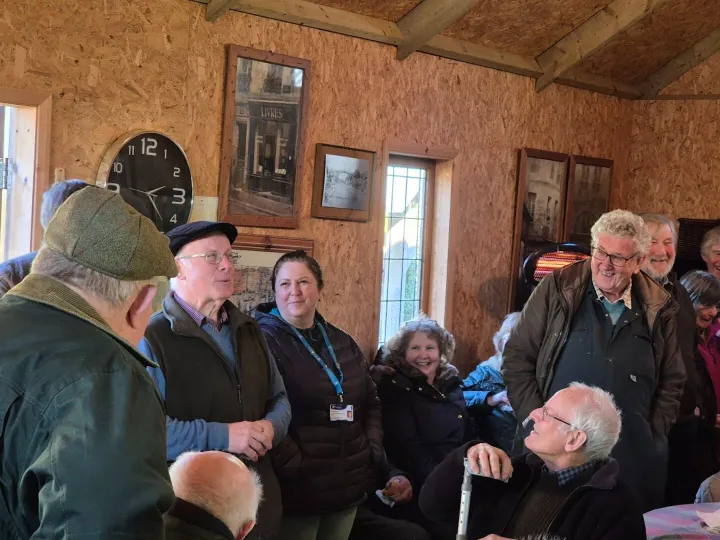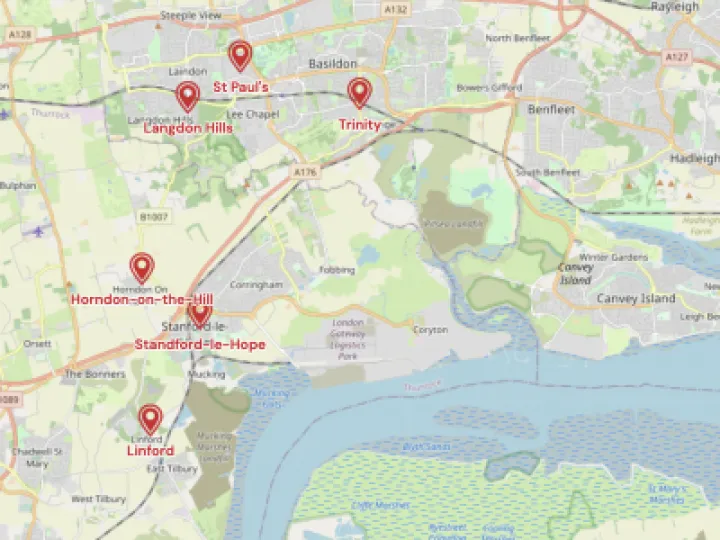Chaplain's BBC Radio Shropshire, Thoughts for the Day
I am an Agricultural Chaplain; I work with farmers. Farmers are paid primarily for the food they grow, but managing land is about infinitely more than growing food. There are multiple objectives to balance: some of which attract funding, many of which do not. Nature conservation requires farming methods that balance and sustain natural habitats; soil management is to ensure fertility, but also to sustain water quality, prevent-run-off, manage our riverbanks. Access to the land is important to the health and well-being of all, and everyone values the aesthetic qualities, the beauty, of the countryside. In the drive to reach net zero, we need soil and woodland management to store carbon, and there is a growth in biomass and sources of renewable energy. A multi-layered series of outputs.
Achieving this balance requires skill, competency, hard work, and resilience. In the last two years characterised by consistently wet weather, germination, harvesting and soil structure have all been affected. And, of course, there is the mud.
Achieving balance in land management also requires a balance in our social or personal worlds. Working all hours is sustainable for short periods, and necessary if the window of opportunity is limited, the time for sowing and the time for reaping, but it has to be balanced by periods of recuperation, time for family, friends, hobbies, recreation – otherwise we set ourselves up to fail.
I’m reminded of Ecclesiasticus, in the Old Testament, who wrote: “To everything there is a season, and a time to every purpose under the heaven.” It’s ancient wisdom about the fundamental need of humanity and, indeed of nature, that we strive for balance. We understand the multiple objectives that life requires, and that we are serious about prioritising not one of these, but prioritising the art of balancing them to create a harmonious whole. Whether that’s about the way we farm, earn a living, or quite simply the way we choose to live.
Quick Links
Get In Touch
c/o The Methodist Centre
Lansdowne Road
Bayston Hill
Shrewsbury
SY3 0HZ





